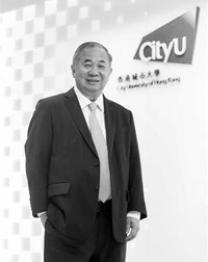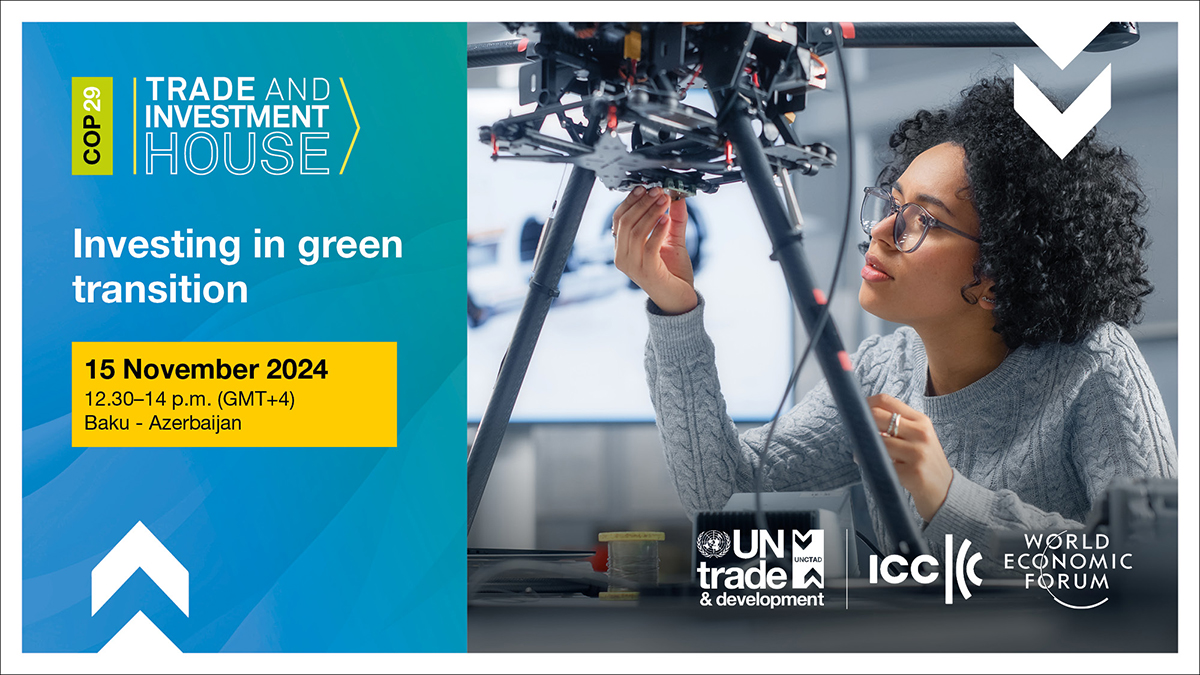
This session will examine how the investment community can mobilize capital for climate solutions by adapting traditional investment strategies to prioritize climate finance and the green transition.
The discussion will focus on the integration of sustainability criteria into investment decision-making processes and highlight the role of impact investing in advancing large-scale climate initiatives. Through case studies, the session will showcase how conventional investment models have been reshaped to align with climate objectives.
Additionally, panellists will assess current policy frameworks that incentivize climate-resilient investments, explore the policies needed to stimulate private sector engagement, and discuss how governments can foster environments conducive to innovation.
Finally, the session will address challenges in policy implementation and propose strategies for effective climate governance.
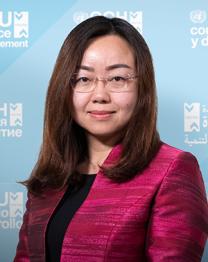
Nan has over 25 years’ experience in strategic management roles both with the United Nations and the private sector across Asia, Africa, North America and Europe. She currently leads a global team in investment and sustainable finance research, policy, investment promotion and facilitation, enterprise development, and technical assistance to governments in over 160 countries. She chairs the Governing Board of the UN Sustainable Stock Exchanges Initiative, leads the World Investment Forum and the inter-governmental Working Group on International Standards of Accounting and Reporting.
Before joining UNCTAD, she served as the Global Director of Sustainable Investments and Innovation at UNOPS, where she led a team to promote infrastructure investments in many developing countries and co-invest with DFIs and private investors. She served as UNOPS focal point in the UN Inter-agency Task Force on Financing for Development.
Previously, she served as the Head of UNDP SDG Innovative Finance and as Head of South-South Cooperation and Investment at UNDP's Asia Pacific Center in Bangkok. She led a team to engage public and private investors and developed national policy dialogues and networks on SDG investment, piloted SDG-aligned funds, bonds and projects in multiple countries. She helped to position UNDP as a pioneer in the UN on sustainable investment and innovative finance. She also held positions as Policy Specialist in Capacity Development and Public-Private Partnerships in New York and Johannesburg since 2009, overseeing a regional portfolio in Eastern and Southern Africa.
Before joining UNDP, she spent about 10 years in the private sector in China and the USA, covering market entry and investment strategy, merger and acquisition, business development and sustainability. She holds a master’s degree in business administration from Hong Kong University of Science and Technology, and participated in the Executive Leadership program at IESE, and Finance Executive program at Tsinghua University.
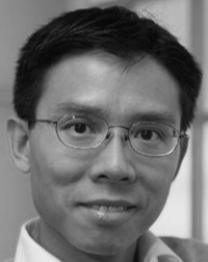
Professor Ho is a leading scholar in public administration, especially in the subfields of performance management and budgeting, e-government, and citizen engagement. He has actively pursued multi-disciplinary research and has extensive research partnerships in Asia, Europe, and the U.S. He also advocates the importance of engaged research and believes that public administration research should strive to inform practice and be socially relevant and impactful. Many of his publications are the results of academic-practitioner collaboration and community engagement, including collaboration with different local governments in the U.S. and China and with different national and international organizations, such as the China Development Research Foundation and the Asian Development Bank.
Prior to returning to Hong Kong, where he was born and grew up, Professor Ho has taught at various academic institutions in the U.S. Professor Ho also has had extensive leadership experience within the university and in his professional field. Besides being a program director at two different academic institutions and leading various university and school initiatives, he was the Secretary of the Association of Budgeting and Financial Management (ABFM) in 1999-2000, a founding member and the President of the China-America Association of Public Affairs (CAAPA) in 2011-2012, and an elected member of the National Council of the American Society of Public Administration in 2015-2018. In 2017-2020, he was also an Associate Editor of Public Performance and Management Review. Since 2019, he has been an Associate Editor of Journal of Public Budgeting, Accounting & Financial Management.
Professor Ho is a committed teacher. He has received teaching awards in all three academic institutions before joining the faculty of City University of Hong Kong. In 2018, his contributions to student learning and his impacts on student development and local communities were recognized by the Leslie A. Whittington Excellence in Teaching Award by the Network of Schools of Public Policy, Affairs, and Administration (NASPAA), the international accreditation authority of public administration and public affairs programs based in the U.S.
Anjali is responsible for leading and implementing the AIGCC regional and international policy agenda. She is based in Singapore.
In July 2024, Anjali was appointed as an Industry Advisory Panel member to the Joint Sustainable Finance Working Group (JSFWG), for a two-year term. The JSFWG is jointly organised by The ASEAN Capital Markets Forum and the ASEAN Working Committee on Capital Market Development.
Anjali has more than seven years of experience working on the energy-related aspects of climate action. Prior to joining AIGCC, she worked with two leading climate think-tanks, the International Institute for Sustainable Development and the Council on Energy, Environment and Water, on developing policy and research on the energy transition, with a focus on India. She has also worked with some of the top law firms in India on facilitating investments into the energy and infrastructure sectors in India.
Anjali completed a Master’s in Public Policy from the University of Oxford, UK and an undergraduate degree in Law from Gujarat National Law University, India. She is fluent in English, Hindi and Malayalam.
Matthew Stephenson, PhD, has extensive work experience in various organizations. Matthew currently serves as the Head of Investment Policy and Practice at the World Economic Forum since February 2019. Prior to this, they were the Outward FDI Workstream Lead at the IFC - International Finance Corporation from 2016 to 2019. Matthew also worked as a Jr. Policy Analyst and Consultant at the OECD - OCDE from 2014 to 2016. Earlier in their career, they held multiple roles at the U.S. Department of State, including working in the Office of Afghanistan Affairs, the Office of the Middle East Partnership Initiative, the Office of Iraq Economic Affairs, and the U.S. Consulate General Istanbul. Matthew also worked at the U.S. Agency for International Development (USAID) in the Office of Management Policy, Budget, and Performance. Additionally, they had a brief stint at The World Bank Group in the Independent Evaluation Group.
Matthew Stephenson, PhD has an extensive education history. Matthew holds a BA (Hons) degree in Politics, Philosophy, and Economics from the University of Oxford. Matthew later went on to pursue a Masters degree in Public Policy from Harvard University. Lastly, they obtained a Doctor of Philosophy (PhD) degree in International Political Economy from the Geneva Graduate Institute. Prior to their higher education, Matthew Stephenson attended St. Albans School (D.C.) for their high school education.
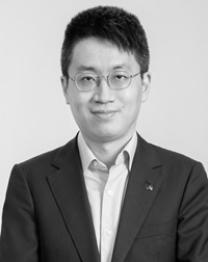
Professor Freddy Boey was previously Deputy President (Innovation & Enterprise) at the National University of Singapore from January 2018 to December 2022, and Provost (January 2011 – December 2017) and Chair of the School of Materials Science and Engineering (January 2004 – December 2010) at the Nanyang Technological University.
As the School Chair of the new school which started in 2000, he transformed the school into a powerhouse of Materials Science in the world in research and education, ranking 6th in QS world subject ranking and 2nd in US News & World Report world ranking in Materials Science by 2016, with an outstanding reputation for generating start-up technologies that can be commercialised. The school has continued to be ranked in the top three globally in Materials Science in recent years.
As Provost of the University, he went on to propel the university from 74th in the 2011 QS World University Rankings to 11th and top in Asia by 2017.
As Deputy President in the National University of Singapore, he transformed the university’s efforts in deep technology commercialisation, increasing the number of deep tech start-ups by 4X in the first three years, through the Graduate Research Innovation Program (GRIP), making it Singapore’s foremost deep tech start-up program.
He was conferred Singapore’s highest Scientific Award, the President’s Science & Technology Medal for lifetime achievement, and the prestigious Imperial College London Faculty of Medicine Fellow award, both in 2013, for his biomedical research achievements. His research team also won the 2014 Singapore President’s Technology Award for using nanostructures with a novel drug delivery approach to combat blindness from glaucoma. As Provost, he built Singapore’s second Undergraduate Medical School, partnering with Imperial College London, for which he received the 2016 Singapore National Day Public Administration Gold Medal. He has also been conferred an Honorary Doctorate from Loughborough University, and Honorary professorships from the University of Indonesia, Nanjing University of Posts and Telecommunications and Nanjing Tech University.





